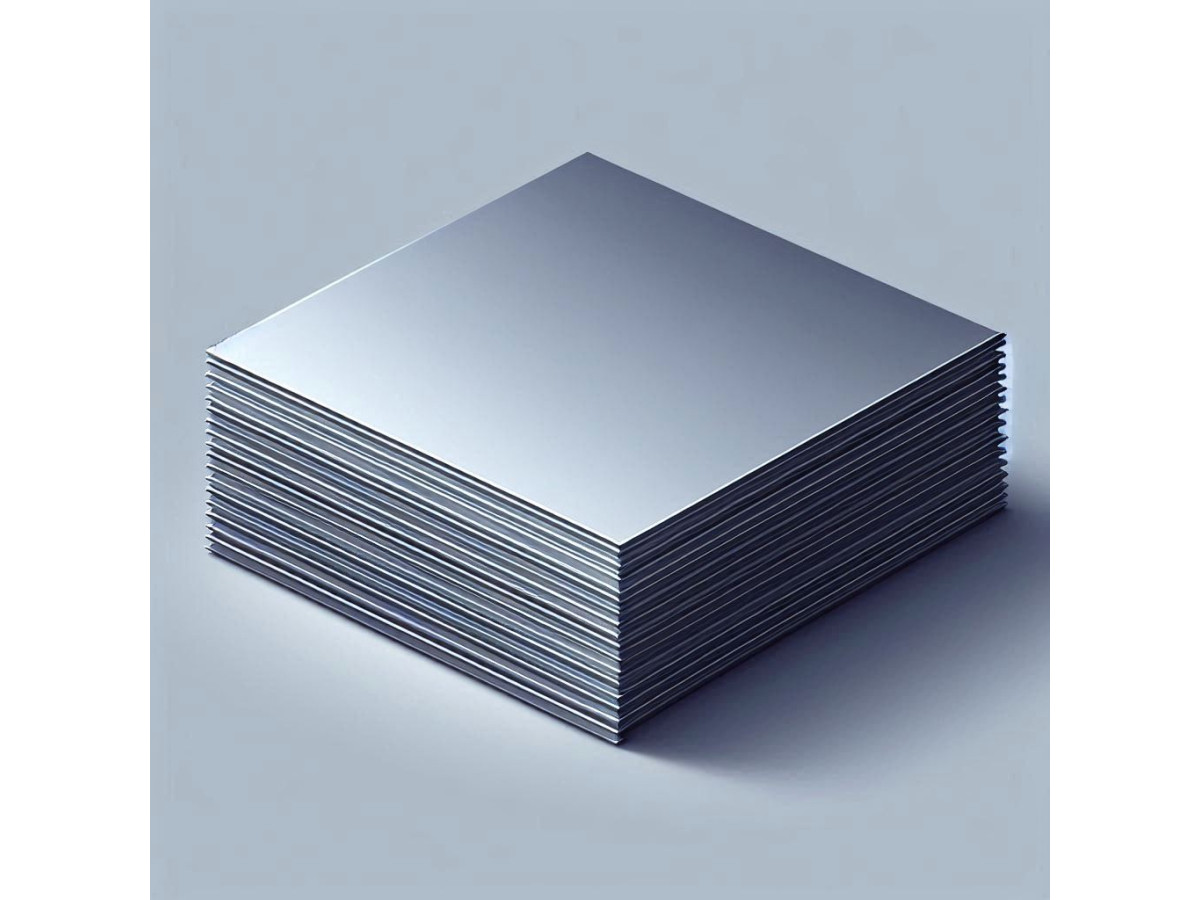Tool steel plates are flat rolled steel products, which are produced in a wide range of products. They are used as blanks for the production of profiles, tools, parts or as a finished product.
Features of tool steel sheet
Tool sheets are made from steel of special grades with a high percentage of hydrocarbon and often with alloying elements. A carbon content of 0.6-1.5% ensures resistance to wear and hardness. The inclusion of alloying elements: chromium (Cr), molybdenum (Mo), vanadium (V), tungsten (W) brings the characteristics of rolled steel to a higher level.
For the manufacture of tools, parts and their further use, other features of tool steel plate are also important:
- Ability to heat-treat. In this case, the steel does not lose its characteristics, they, on the contrary, improve.
- Tool steel sheets are excellent for cutting, milling, drilling.
- During processing, the dimensions remain stable, which ensures the high precision required in tool making.
- Drills, milling cutters made of tool steel are heated in work, but still retain hardness. The characteristics do not change also in low temperature working conditions.
- Impact toughness: the material absorbs energy, preventing destruction under mechanical loads of various types.
- Corrosion resistance, including when using tools in aggressive environments.
High hardness, strength, wear resistance - the main characteristics necessary for the quality work of tools and other products made of this steel.
Application of tool steel sheet
Carbon metal is used in the production of cutting and measuring tools, dies. It is hard after hardening, but can be brittle. Alloyed steel sheets are necessary for the manufacture of especially strong, wear-resistant, resistant to overheating tools.
Depending on the grade of metal, tool steel sheets are used to produce:
- cutting tools: knives, saws, drills, milling cutters;
- punches, punches, dies used in metalworking;
- measuring tools: calipers, micrometers, etc.;
- machine parts: bushings, gears and other high-stress elements.
Manufacturers always have materials with the characteristics required for various products.
What to consider when choosing steel tool sheet
When selecting steel tool sheet, consider factors to ensure that its characteristics meet the required operating conditions.
Steel grades
Less critical tools and parts are made of carbon steel, for example, grades U8, U10, U12. Tools working under high loads and temperatures require alloy steel, for example, CVG, X12MF, P6M5. Special grades of tool steel are required for work in particularly difficult conditions.
Mechanical properties
For the manufacture of cutting tools, it is important to maintain the required hardness after heat treatment. If tools, parts will be subjected to high mechanical loads, strength is important. Low temperatures, impacts require increased toughness.
Machinability
All tool steel plates are machinable, but are amenable to drilling, cutting to varying degrees. Some metals are difficult to weld. Keep this in mind if you plan to join parts in this manner.
Dimensions
Determine the length and width, thickness of the sheet, taking into account the subsequent processing. When choosing specific dimensions, consider:
- Tool steel strength and stiffness increases with increasing thickness.
- Thin sheets of large lengths and widths may deform and are more difficult to machine.
- In large production environments, it is more economical to purchase large-size sheets.
Thickness of sheets is usually from 0.5 mm to 20 mm, width from 20 mm to 2000 mm, length from 1000 mm to 6000 mm.
Cost
Compare the price of different grades of steel. Different types of tool steel can be used for the same purpose. There is always a choice to be made where price and quality are most reasonably combined.
Compliance with standards
Tool steel sheets are produced in accordance with GOST, and also meet international standards DIN, ASTM. Make sure of this by asking the seller for quality certificates from the manufacturer.
Go to a seller who is quick and comfortable to serve, offering a fair price for a quality product. A reputable seller always has experienced consultants who will provide all the information you need

